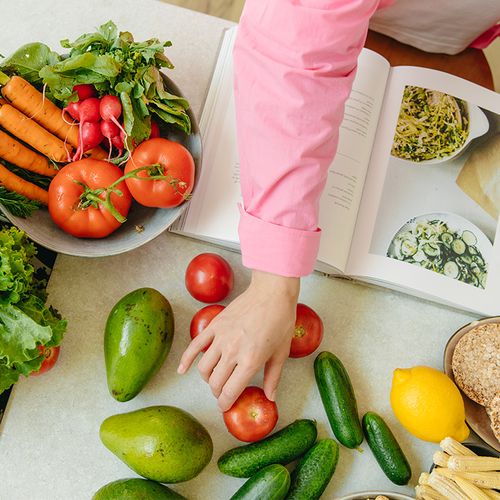Eating plenty of potassium-rich foods, such as leafy greens, potatoes and bananas, may reduce the risk of stroke and coronary artery disease, say Italian researchers.
Potassium Study
The new analysis was based on 10 studies published between 1966 and 2009 that included nearly 280,000 adults. During follow-ups that ranged from five to 19 years, there were more than 5,500 strokes and nearly 3,100 coronary heart disease events, the investigators found.
Higher potassium intake was associated with a 19% lower risk for stroke and an 8% lower risk for coronary heart disease. The findings support global recommendations for people to increase their consumption of potassium-rich foods in order to prevent vascular disease, said Pasquale Strazzullo, MD, of the University of Naples, and colleagues.
Other foods high in potassium include soybeans, apricots, avocados, plain nonfat yogurt, prune juice, and dried beans and peas.
The findings were presented at the American Heart Association's Nutrition, Physical Activity and Metabolism conference in San Francisco.
Raw Fruits And Vegetables Study
Another study presented at the meeting found that a diet high in raw fruits and vegetables might help protect against stroke.
Researchers examined the incidence of stroke among more than 20,000 men and women, ages 20 to 65, who were free of cardiovascular disease at the start of the study. During 10 years of follow-up, there were 233 strokes among the participants.
After they adjusted for a number of factors, the researchers found that people with a high intake (more than 9 ounces per day) of raw fruits and vegetables were 36% less likely to suffer a stroke than those with a low intake (less than 3.2 ounces per day) of raw fruits and vegetables.
However, there was no association between stroke risk and a high intake (more than 8 ounces per day) or low intake (less than 39 ounces per day) of processed fruits and vegetables, said Linda Oude Griep of Wageningen University in the Netherlands.
Eat Nuts to Beat Heart Disease
A recent study of women who have type-2 diabetes (which puts them at high risk for heart disease) found that those who ate five or more servings a week of nuts or peanut butter had a 44% lower risk for heart disease than those who rarely or never ate these foods. Theory: Monounsaturated fat in nuts reduces cholesterol and inflammation Best: At least five times weekly, have one ounce of nuts or one tablespoon of peanut butter.
